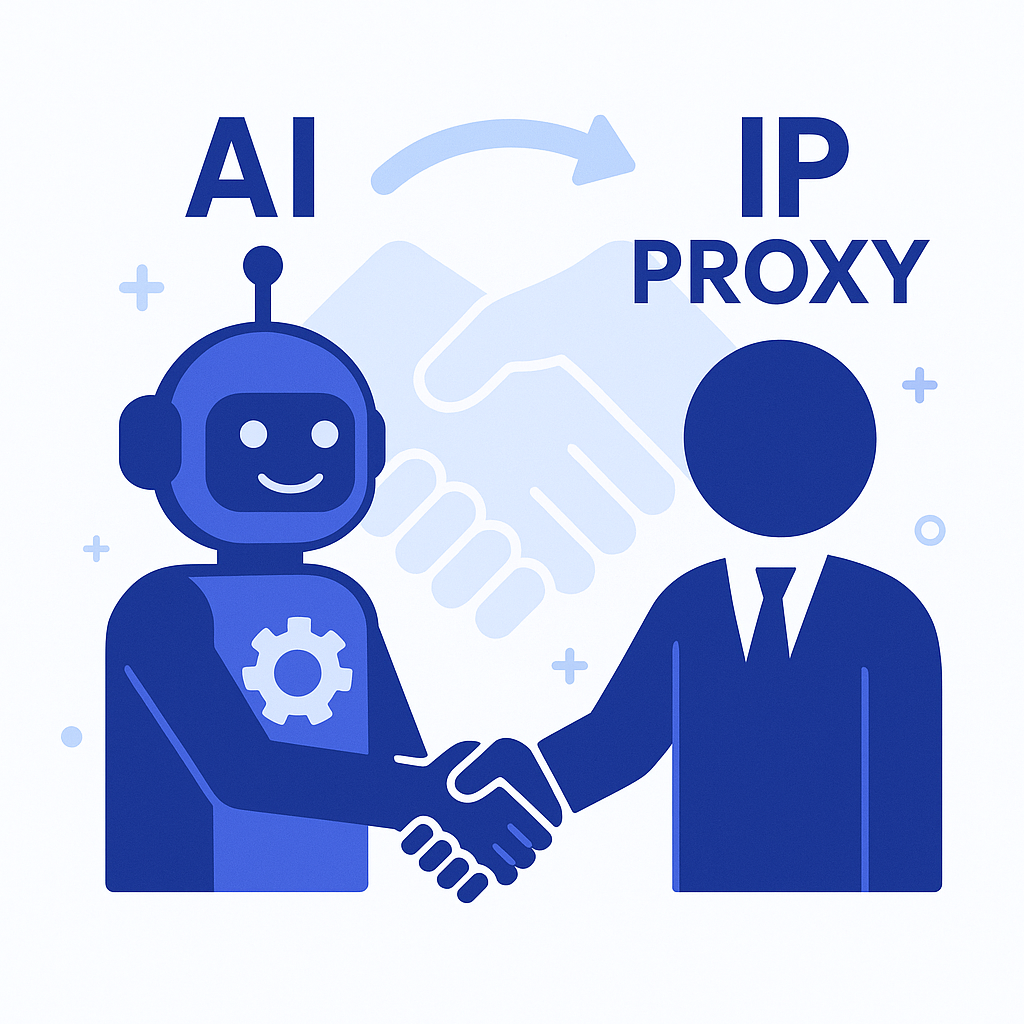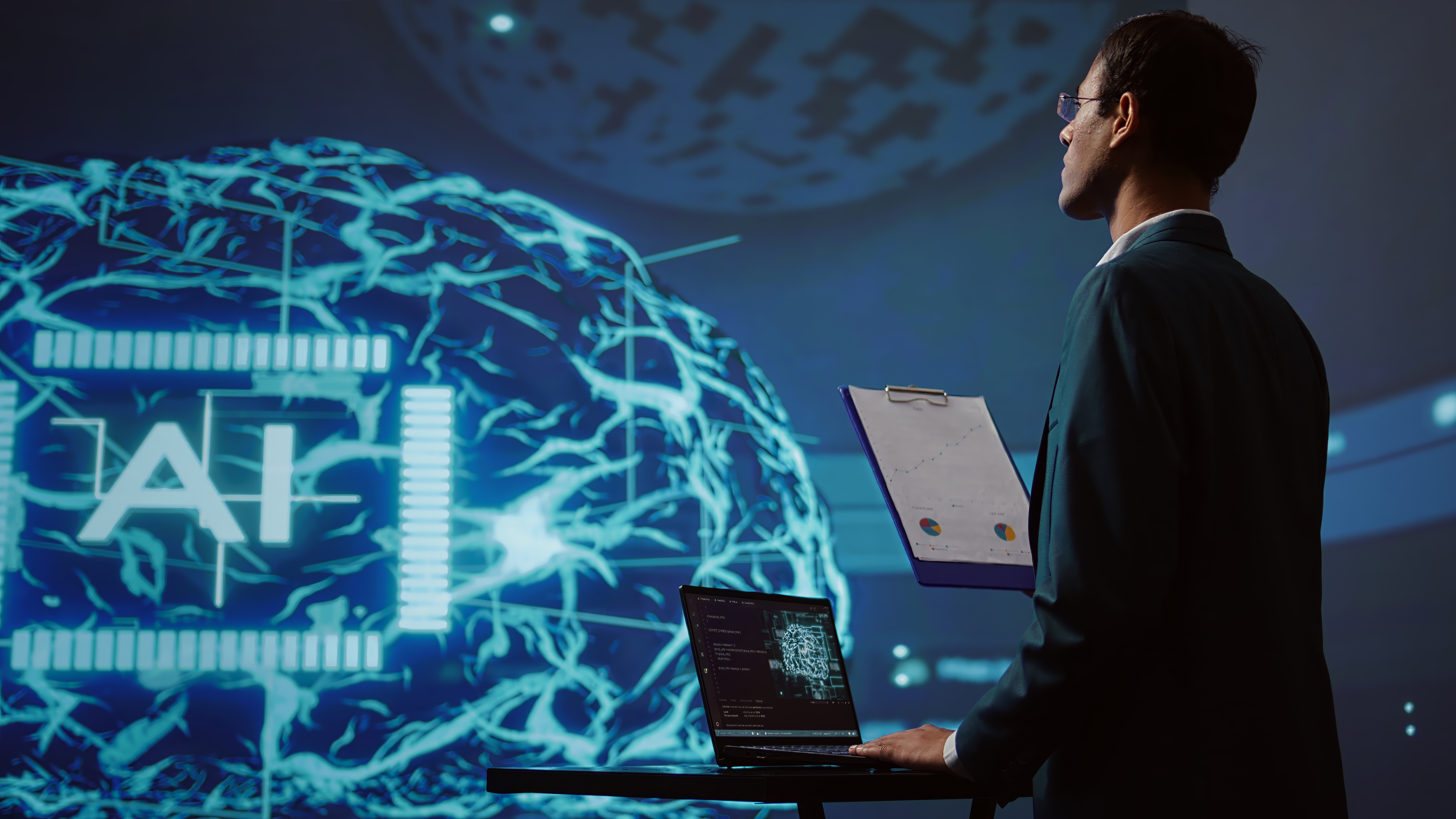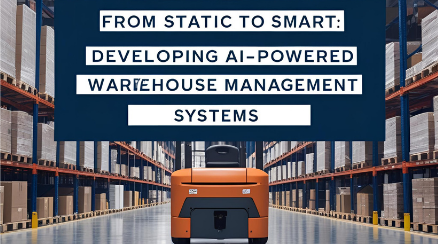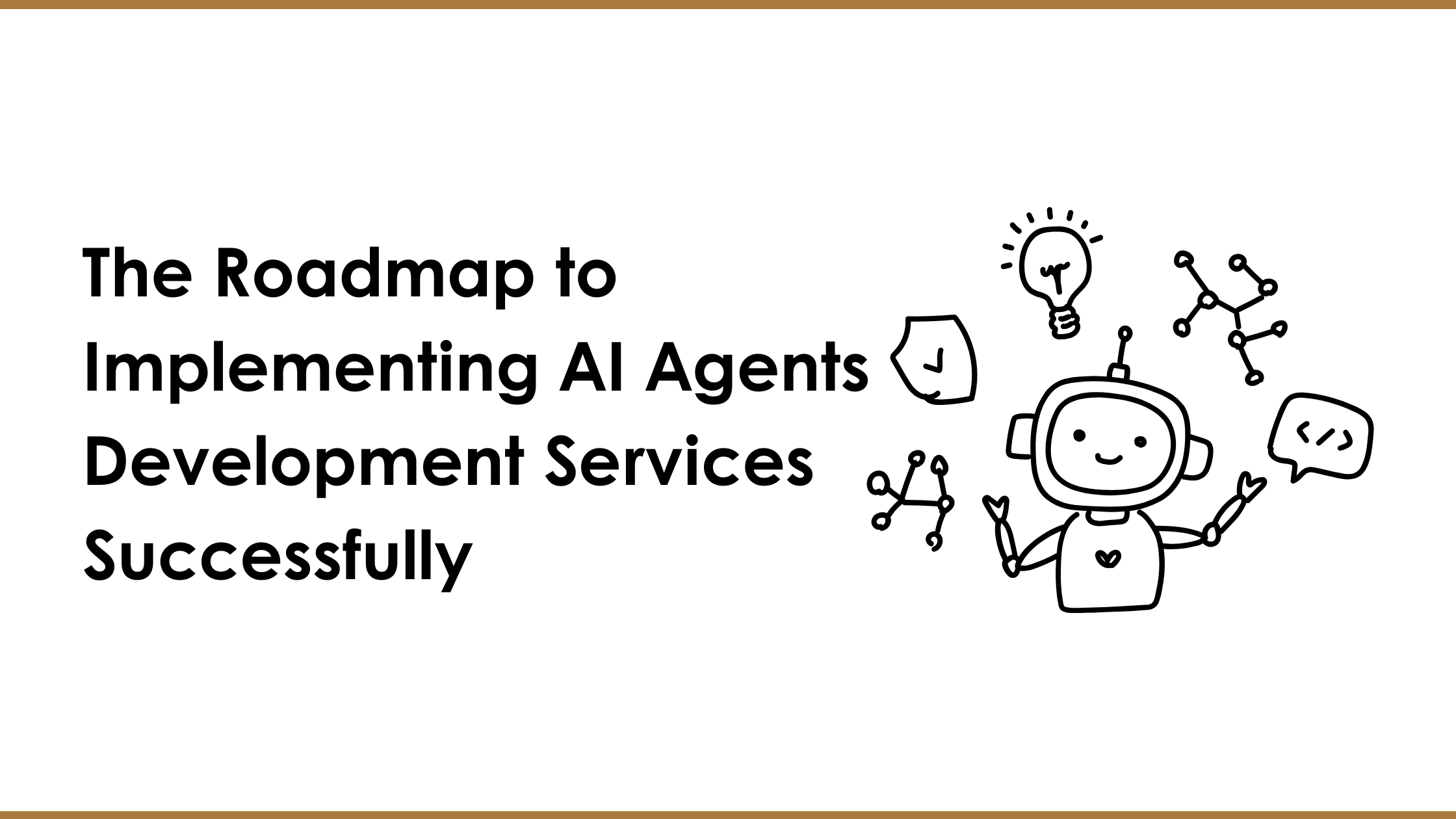Is AI Our Friend or Foe? Exploring the Debate
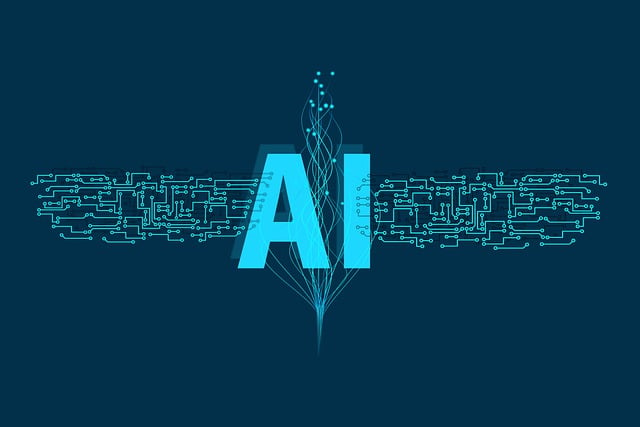
Strong 8k brings an ultra-HD IPTV experience to your living room and your pocket.
Foe or friend, the ongoing debate surrounding artificial intelligence (AI) continues to captivate and concern both experts and the general public alike. As AI technology advances at a rapid pace, questions arise about its potential benefits and drawbacks. In this blog post, we will research into the heart of the matter, exploring the complex relationship between humans and AI, weighing the possibilities of innovation and progress against the risks and uncertainties that AI presents.
Understanding AI
To truly grasp the complexities of Artificial Intelligence (AI), it is necessary to explore into its various facets. AI has become an integral part of our daily lives, shaping industries, influencing decision-making processes, and even redefining how we interact with technology. As we navigate through the debate of whether AI is a friend or a foe, understanding its fundamental principles and evolution is crucial.
Defining Artificial Intelligence
Artificial Intelligence refers to the simulation of human intelligence processes by machines, aiming to perform tasks that typically require human cognitive functions such as learning, problem-solving, and decision-making. This includes a broad spectrum of technologies ranging from simple rule-based systems to complex self-learning algorithms.
Over the years, AI has evolved significantly, incorporating advanced capabilities like natural language processing, computer vision, and machine learning. It has found applications in diverse fields such as healthcare, finance, transportation, and more, revolutionizing how tasks are executed and problems are solved.
The Evolution of AI Technologies
For decades, researchers and scientists have been pushing the boundaries of AI, striving to develop more sophisticated systems capable of mimicking human intelligence. The evolution of AI technologies can be traced back to the concept of neural networks and the birth of expert systems in the 1950s and 1960s, paving the way for the contemporary AI advancements we witness today.
AI as Friend
While the debate on the benefits and risks of artificial intelligence continues, there is no denying the numerous ways AI has become a valuable friend in our lives. From enhancing efficiency and productivity to revolutionizing healthcare and education, AI has shown great potential in shaping a better future for humanity.
Enhancements in Efficiency and Productivity
One of the most significant advantages of AI is its ability to streamline processes and improve efficiency in various industries. Through automation of repetitive tasks, AI frees up human resources to focus on more strategic and creative endeavors, leading to increased productivity and innovation.
Moreover, AI-powered algorithms can analyze vast amounts of data at speeds incomprehensible to humans, leading to better decision-making and optimized outcomes. This has transformed industries such as manufacturing, finance, and logistics, making operations faster, cheaper, and more reliable.
AI in Healthcare and Life-Saving Applications
Artificial intelligence has made remarkable strides in healthcare, aiding in early disease detection, personalized treatment plans, and even surgical procedures. AI algorithms can analyze medical images with incredible accuracy, helping doctors detect conditions such as cancer at earlier stages, ultimately saving lives.
LifeSaving AI has also been pivotal in predicting patient outcomes, optimizing hospital resource allocation, and even developing new drugs. With the ability to process vast amounts of medical data, AI has the potential to revolutionize healthcare by providing more efficient and personalized care to patients.
It is inspiring to see how AI is being harnessed to improve healthcare outcomes and save lives. With advancements in machine learning and predictive analytics, the potential for AI to transform the medical field is vast, offering hope for more effective treatments and better patient care.
Educational Advancements Through AI
Applications of artificial intelligence in education have opened up new possibilities for personalized learning experiences, adaptive tutoring systems, and even automated grading. AI algorithms can analyze student performance data to tailor educational content to individual needs, promoting better learning outcomes and student engagement.
This technology also has the potential to provide equal educational opportunities to all, by identifying gaps in learning and offering targeted interventions to students who need them. By incorporating AI into classrooms, educators can enhance their teaching methods and empower students to reach their full potential.
This transformative potential of AI in education is reshaping traditional teaching models and paving the way for a more inclusive and effective learning environment. As AI continues to evolve, its impact on education is likely to grow, offering exciting possibilities for the future of learning.
AI as Foe
Once again, the debate around artificial intelligence (AI) centers on whether it is a friend or a foe. While AI presents numerous benefits and advancements, there are also significant concerns and challenges that cannot be ignored.
Job Displacement Concerns
On the forefront of the concerns surrounding AI is the potential for job displacement. As automation and AI continue to advance, there is a growing fear that many traditional jobs will become obsolete, leaving millions of workers without employment opportunities.
Furthermore, the rise of AI-powered systems could lead to a significant shift in the job market, requiring workers to adapt and acquire new skills to remain relevant in an increasingly automated world.
Ethical Implications and Privacy Issues
Concerns about the ethical implications and privacy issues associated with AI are also a point of contention. The use of AI in areas such as facial recognition, data mining, and surveillance raises questions about data privacy, consent, and the potential for misuse of sensitive information.
With the rapid advancements in AI technology, there is a pressing need for clear regulations and guidelines to ensure that AI is developed and used in an ethical and responsible manner.
AI and Autonomous Weapons
To address the growing concerns surrounding AI and autonomous weapons, it is crucial to consider the potential dangers and implications of developing such technologies. The use of AI in military applications raises ethical questions about the role of autonomous systems in warfare and the potential for lethal autonomous weapons to make life-and-death decisions without human intervention.
Any discussions around AI and autonomous weapons must carefully examine the consequences and risks associated with delegating critical decisions to machines, urging policymakers and researchers to prioritize ethical considerations and international regulations.
Navigating the Middle Ground
Despite the ongoing debate surrounding the impact of AI on society, there is a middle ground that acknowledges both the benefits and risks associated with this rapidly evolving technology. Finding a balance between embracing AI's potential for innovation and addressing its ethical implications is crucial in shaping a future where AI can be a friend rather than a foe.
Regulatory Frameworks and Policies
Navigating the middle ground in the AI debate involves implementing robust regulatory frameworks and policies that govern the development and deployment of AI technologies. By establishing clear guidelines for ethical AI practices, governments and organizations can ensure that AI systems are designed and used in a responsible and transparent manner. This includes addressing issues such as bias in AI algorithms, data privacy concerns, and accountability mechanisms for AI-driven decisions.
Furthermore, collaborations between policymakers, industry leaders, and ethicists are crucial in shaping AI governance frameworks that strike a balance between fostering innovation and protecting societal interests. By fostering a multi-stakeholder approach to AI regulation, we can create an environment where AI technologies are developed and deployed in a way that benefits both individuals and society as a whole.
The Role of Human Oversight in AI Development
Role
Human oversight plays a critical role in the development of AI systems, ensuring that ethical considerations are integrated into every stage of the AI lifecycle. From the initial design phase to the deployment and monitoring of AI applications, human oversight helps mitigate the risks associated with AI technologies and safeguards against potential harms to individuals and communities. By empowering human decision-makers to intervene when necessary, we can strengthen the ethical foundations of AI and promote trust in these technologies.
Regulatory bodies and organizations must prioritize the establishment of mechanisms that enable human oversight of AI systems. This includes implementing processes for auditing AI algorithms, conducting impact assessments to evaluate the social implications of AI applications, and creating channels for reporting and addressing concerns related to AI ethics. By integrating human oversight into AI development practices, we can ensure that these technologies serve the greater good while upholding ethical standards.
Final Words
The debate over whether AI is our friend or foe will continue to evolve as technology advances. While AI has the potential to greatly benefit society in countless ways, there are also legitimate concerns about its impact on jobs, privacy, and security. It is crucial for policymakers, technologists, and society as a whole to carefully consider the ethical implications of AI and work towards developing responsible AI systems. By approaching AI with a balanced perspective and a proactive mindset, we can harness its power for the greater good while mitigating the potential risks. Ultimately, the future of AI will be shaped by how we choose to collaborate with this powerful technology.
Note: IndiBlogHub features both user-submitted and editorial content. We do not verify third-party contributions. Read our Disclaimer and Privacy Policyfor details.



